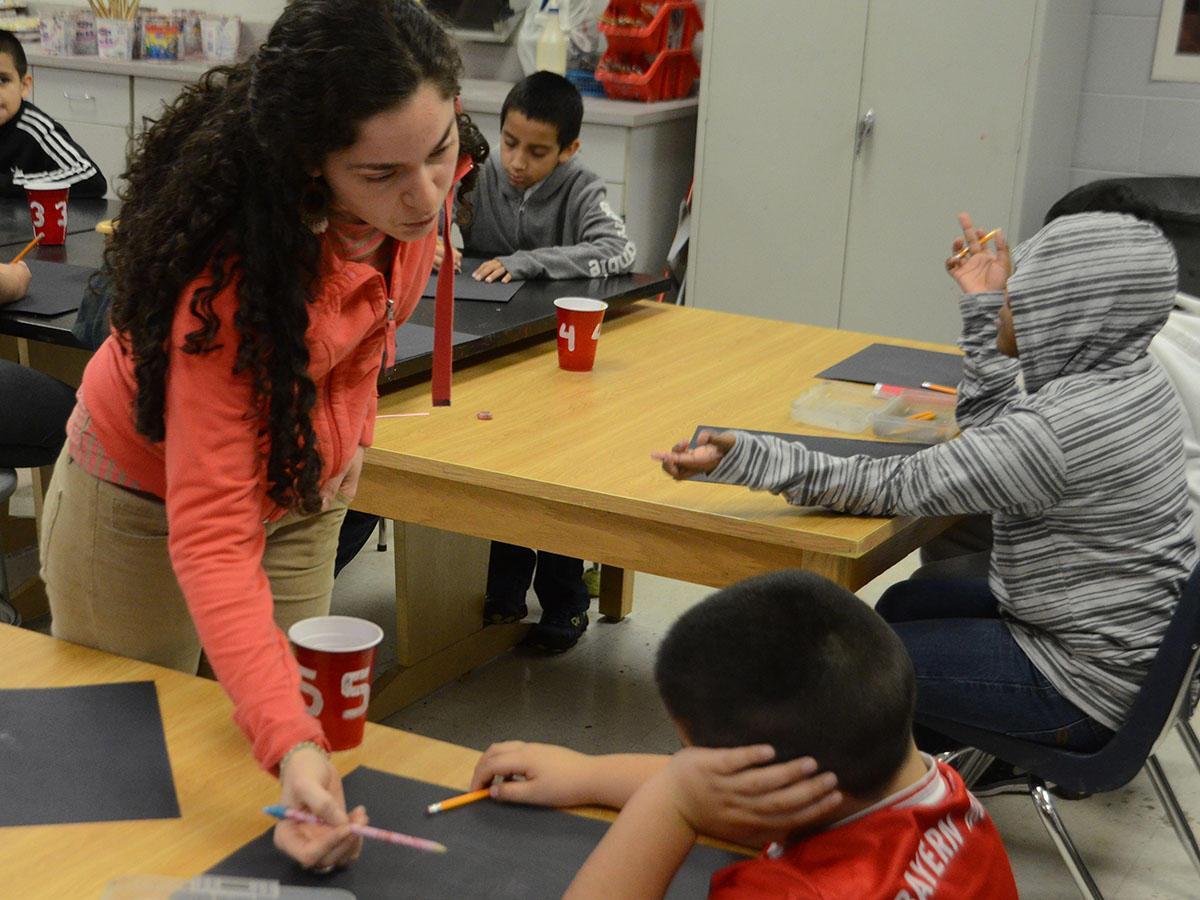Atlanta Summer Programs Turn To Acceleration To Make Up For Pandemic-Related Learning Loss

Several metro Atlanta school districts are using acceleration to help students make up for learning lost during the pandemic.
Brenna Beech / for WABE
Summer school in Atlanta will probably look different this year. Most school districts are trying to help students make up learning lost during the pandemic in addition to preparing them for the new school year.
Acceleration, Not Remediation
Atlanta Public Schools is offering a Recovery Academy this summer, where officials expect to serve more than 20,000 kids.
“Our students will have the opportunity to receive virtual or in-person instruction that will help to address unfinished learning and academic learning loss,” APS Chief Academic Officer Yolanda Brown told the school board recently.
It’s hard to know how much “unfinished learning and academic learning loss” have occurred during the pandemic. Some studies suggest on average students have fallen behind, especially in schools that serve large populations of Black and Latino students. Other research shows virtual learning hasn’t been that devastating.
Nonetheless, most Atlanta school districts are taking a new approach to summer instruction.
“We do not use the term remediation; we use the term accelerated intervention,” Cobb County Superintendent Chris Ragsdale said at an April school board meeting. “Remediation indicates … you’re going to slow down. We don’t need students that are behind to be slowed down further. We need them to catch up.”
Clay Hunter, Gwinnett’s associate superintendent for curriculum and instructional support, made similar remarks at a recent meeting.
“What the data with the research will tell you is that remediation and retention really don’t help our students in the long run,” he said. “So our focus is going to be on acceleration.”
In addition to Cobb and Gwinnett other Metro Atlanta districts like Fulton, DeKalb, Clayton, and APS are all following the philosophy of acceleration, not remediation this summer.
How It Works
TNTP is a national education organization that has issued a handbook for schools on acceleration. It plans to publish another manual that districts can use for summer school.
Shanequa Yates is TNTP’s Georgia coordinator. She says there are two main components to acceleration.
“It requires a diagnosis, like being able to have accurate data on where that child really is across multiple factors,” she said. “Then it requires that a school system has access to high-quality instructional materials.”
For example, Yates said, a child who’s reading below grade level may have to read assignments that are above their skill level.
“[The teacher] would find supplemental texts, either from that author that upcoming unit is designed around … or you might have articles that supplement and build that child’s knowledge about the topic itself, introduces them to academic vocabulary that connects to that topic and allow them to have a way to assess access on grade-level content,” she said.
Yates gives another example of a third-grade student who struggles with addition. The class is learning how to multiply.
“We’re not going to say, ‘Okay, you can’t get to multiplication if you don’t understand addition,’” Yates said. “What we’ll say is, ‘We’re going to give you opportunities to practice addition through some sort of fluency. It could be rapid-fire sort of questions, but what we’re actually going to be doing is making sure you build conceptual knowledge around multiplication.’”
In other words, students are learning both skills at the same time. The key, Yates said, is not to use materials from the previous grade.
“That’s what remediation does,” she said. “It says: You don’t move on. We’re going to go backwards.”
TNTP estimates that it could take three to five years to make up for learning lost during the pandemic.
“The idea that you can catch kids up in the summer is what is not is not feasible; it’s not realistic,” Yates said. “What we would encourage school systems to do is to use this summer to deepen teachers’ understanding of that content, start to create the plan for what acceleration throughout the year can look like.”








